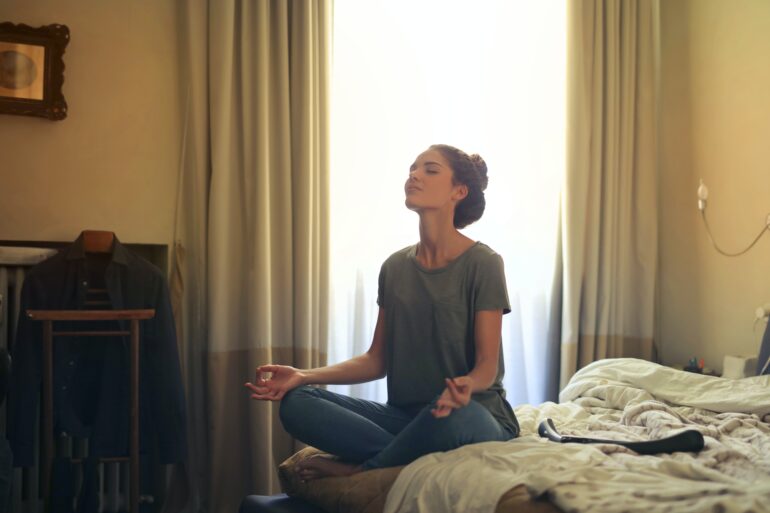Energy - we all need it after this crazy and busy year. And the best way to do this is to get adequate rest. Read below about the types of rest and how to achieve them.
Rest is not the same as sleep. Namely, it includes the activities we do that help us to fill up with the energy we use up during the day, he says Saundra Dalton-Smith, internal medicine doctor and author of the book Sacred Rest.
And yes, there are different types of rest. dr. Dalton-Smith thus defines seven types of rest that everyone needs, namely:
- creative: one who inspires and motivates us;
- mental: when we quiet our minds and focus on what really matters;
- physical: rest, which relaxes muscles and tension and helps you sleep better;
- social: time dedicated to the relationships we want to nurture and with people who improve our lives;
- emotional: the ability to express one's deepest feelings and awaken one's true self;
- sensory: provides a break from background noise, including negative monologues and digital devices;
- spiritual: we feel part of something bigger, we have a sense of belonging and ability.

How to achieve each type of rest?
Once you identify the areas where you lack rest, you can start working on it.
Creative rest: let's go outside
Time spent in nature elicits wonder and inspiration—two things that are key to creativity, says Dr. Dalton-Smith. Some people also benefit from visiting a museum, listening to a symphony or seeing a play. Find what gets your creative wheels turning and do it.
Mental and spiritual rest: meditate
Meditation, such as focusing on a single word or thought for a few minutes, gives the brain a chance to calm down, research shows. Running has a similar effect.
Physical rest: moving
Exercise improves circulation, which makes our body feel better, says Dr. Dalton-Smith. In this case, it is not an intense workout; instead, we engage in activities that rejuvenate us physically and help us relax. Stretch, do yoga, go for a walk - all these will relieve us of stress and ease the pain we may be feeling.
Emotional and social rest: sharing our feelings
Many of us live in constant stress related to our feelings, says Dr. Dalton-Smith. We are afraid to be real and vulnerable, which is exhausting. We all need someone to be honest with and say: "I'm not well. I'm anxious. I'm afraid." It can be a family member, a trusted friend, or a counselor—anyone you feel comfortable with, says Dr. Dalton-Smith.
Sensory Rest: Embrace Peace
We live with a lot of background noise, whether it's our children screaming, traffic or the beeping of our phones. And that takes its toll. Every day, no matter how busy we are, we find time to recharge our batteries in silence. Turn off the TV or music and put away the devices. At night, when we go to bed, we make sure that the room is as dark and quiet as possible. Let's give our senses a chance to completely relax and recharge, advises Dr. Dalton-Smith.

Relaxation techniques for working from home
Don't sit for hours at the computer. dr. Dalton-Smith says that if you practice these two simple techniques, you'll be more productive and feel energized and motivated.
Regular breaks during the working day
“Practice what I call 'work interruption cycles,'” he says. “Do your work for an hour and a half or two hours and really focus on it. When the time is up (set an alarm if necessary), take a few moments to step away from the screen. Pull your shoulders back and stretch. Circle your head. Get up from your chair and take a quick walk, for example to get a glass of water. This will help you to strengthen yourself mentally, creatively and physically. "
Turn off all notifications
The beeps on our phones and computers are a relentless source of stress. “The fight-or-flight response is triggered every time we get a notification, and over time it starts to wear us down and tire us out,” says dr. Dalton-Smith. “Most of us only need notifications for text messages and phone calls. Turn off the rest.”
If work requires you to check email frequently (honestly, who doesn't?), try a technique that Dr. Dalton-Smith calls it “time blocking”—setting three to five periods throughout the day to read and respond to email. "That way, you won't get these notifications that trigger a stress response throughout the day," says dr. Dalton-Smith.







